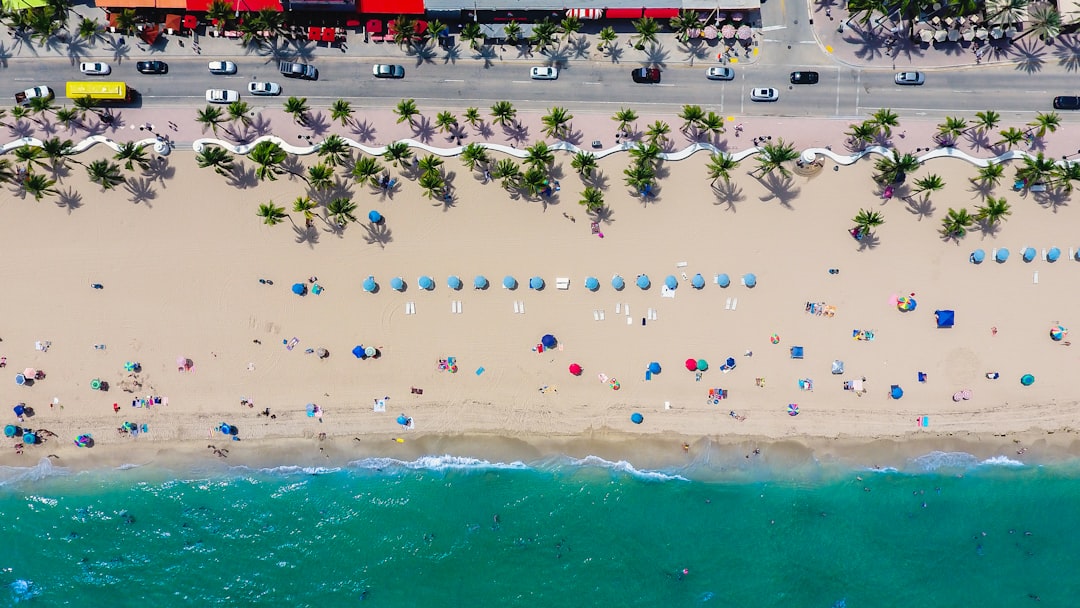Caller ID spoofing by scammers violating Florida's strict Do Not Call laws is a growing digital era concern. To protect yourself, recognize suspicious calls from fake sources and unfamiliar numbers. Document incidents and contact your phone service provider to block numbers. Report scams to law enforcement and seek guidance from a specialized lawyer for Do Not Call Laws Florida on legal actions against fraudulent activities. These attorneys ensure Floridians' rights are respected within the state's telecommunications regulations.
In Florida, staying informed about caller ID spoofing is crucial to protecting your privacy. This guide delves into the world of spoofing, where scammers mimic legitimate numbers, often with severe legal consequences. Understanding common techniques and recognizing signs is key. Florida’s strict Do Not Call laws offer a safety net, but knowing how to report spoofed calls is vital. From identifying suspicious patterns to contacting the right authorities, this article equips you with knowledge. Consider consulting a lawyer specializing in Florida’s Do Not Call Laws for expert navigation through legal complexities surrounding these deceptive practices.
Understanding Caller ID Spoofing: Definition and Common Techniques

Caller ID spoofing is a deceptive practice where scammers manipulate caller identification data to display false information, often hiding their true identity or location. In Florida, as in many states, this activity violates consumer protection laws, including the state’s Do Not Call Laws. Scammers employ various techniques to pull off this deception: they may use VoIP (Voice over Internet Protocol) services that allow them to route calls through different numbers at will, or they might hack into telephone systems to alter call data.
These fraudsters target unsuspecting individuals by making their calls appear to come from reputable sources or even government agencies. They might pose as bank representatives, legal entities, or even offer false warnings about emergency situations. A lawyer specializing in Do Not Call Laws in Florida can help victims understand their rights and take appropriate action against such fraudulent activities.
Florida's Do Not Call Laws: Protections for Residents

In Florida, residents enjoy protections under strict Do Not Call laws aimed at curbing unwanted telemarketing calls and robocalls. These laws empower Floridians to take control of their phone lines, minimizing intrusive marketing attempts. If you’re facing persistent spoofed caller ID calls, it’s crucial to understand your rights under these regulations.
Florida’s Do Not Call Laws are enforced by the Florida Attorney General’s office, which offers guidance and resources for residents. A lawyer specializing in Do Not Call Law Florida can provide invaluable assistance if you’ve been a victim of spoofing, helping you navigate legal options to stop the harassment and seek compensation where eligible.
Recognizing Spoofed Calls: Signs to Look Out For

Recognizing spoofed calls is an essential step in protecting yourself from potential fraud and scams. In today’s digital age, advanced technology allows scammers to mask their identities, making it harder to discern genuine calls from fake ones. However, there are several signs that can alert you to a possible caller ID spoofing attempt.
One of the primary indicators is an unfamiliar or irregular phone number. If you receive a call from an unknown area code or a number that seems out of place, it could be a spoofed call. Additionally, watch out for calls claiming to be from official sources, such as banks or government agencies, asking for personal information. Legitimate organizations typically have secure methods of verifying your identity and will not demand sensitive details over the phone. If you’re unsure about the caller’s legitimacy, consider reaching out to the organization directly through their official channels to confirm. Remember that a lawyer specializing in Do Not Call Laws in Florida can provide valuable guidance on protecting yourself from such fraudulent activities.
Reporting Spoofing: Steps to Take and Authorities to Contact

If you’ve encountered a caller ID spoofing incident in Florida, it’s crucial to report it to prevent further deception. Start by collecting evidence; note down the caller’s number, the time and date of the call, and any unique characteristics of the call that differ from typical communications. You can then take several steps to address the issue:
1. Contact your Service Provider: Inform your telephone service provider about the spoofing incident. They may be able to help by blocking the spoofed number or providing additional security measures.
2. File a Report with Law Enforcement: Contact your local police department or the Florida Attorney General’s Office, which has a dedicated unit for consumer protection. Reporting the spoofing can aid in investigations and potentially lead to legal action against scammers.
3. Seek Legal Advice: Consider consulting a lawyer specializing in Do Not Call Laws in Florida. They can guide you on your rights, potential legal recourse, and any specific actions related to the incident.
The Role of a Lawyer in Navigating Do Not Call Legalities

In Florida, as in many other states, there are strict regulations regarding unwanted phone calls, commonly known as the Do Not Call laws. When it comes to identifying and reporting caller ID spoofing—a practice that involves concealing or falsifying the origin of a call—the role of a lawyer becomes invaluable. Legal professionals specializing in telecommunications law can help individuals navigate these complex legalities.
They provide guidance on how to interpret and comply with the state’s Do Not Call laws, ensuring that rightful protections are in place. Moreover, should an individual fall victim to spoofing or face unfounded accusations, a lawyer for Do Not Call Laws Florida can offer strategic advice and representation. Their expertise ensures that clients’ rights are upheld and that any legal actions taken are in accordance with Florida’s telecommunications regulations.






